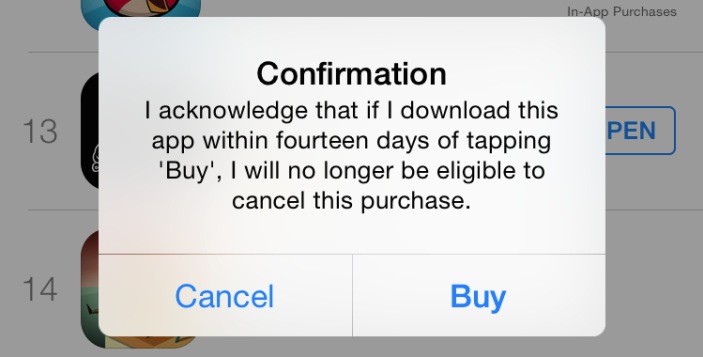
I had this same issue persistently today and if you are an active web surfer like me , then you most likely experienced the same. Basically, it is not just a today thing though, the internet is quite flooded with sites that simply can’t keep you where you came; they just have a way of annoyingly sending you elsewhere.
Happily browsing through your favorite sites, clicking links – then, boom! – your screen was littered with pop-up advertisements! That thing is so annoying, yeah!
Well, sometime back in history when this problem was like normal and quite common, it became so prevalent , people began installing pop-up blocking software on their PCs as a solution to the ongoing annoyance.
Today, as users make the transition to mobile, a new irritation is beginning to take hold – web links that unexpectedly redirect you from your browser to the app store, or even those that immediately launch mobile apps themselves. *hell yeah! I downloaded two apps today,I had no idea what they were about*
The Auto-Redirects Ad
A number of mobile users began to experience problems that involved users being automatically redirected to the iTunes App Store or Google Play when they were only trying to click a link and read a news article, for example, or use one of the mobile apps they already had installed on their phone.
At the time, a number of high-profile companies were impacted by the problem, including Imgur, the AP, NBC, Hearst properties, various newspaper sites and blogs, eBay, Perez Hilton, SomethingAwful,WeatherUnderground, TwitPic, Cheezburger.com, Slickdeals, Twitchy, NHL, and many others.
This was not the first time this sort of abuse took place, either – it just came to a head because so many popular online destinations were affected around the same time.
The problem had to do with shady third-party ad networks which would run auto-redirecting ads on the sites and apps which were hard for the properties themselves to detect or block because the advertisers would sometimes change their ad to behave this way after it was approved. Plus, some networks would sometimes buy inventory from others, blurring the line as to who’s responsible to for the rogue ads in the first place.
Apple actually addressed this particular problem with an updated beta release of iOS 8 last year, preventing ads from automatically redirecting people to the App Store without user interaction first taking place.
Now recently this same problem has popped up again. According to information provided by AraLabs , which researches advertising fraud, they identified another case of the infamous automatic App Store redirect in the wild.
It seems to indicate the fix provided by Apple either wasn’t fully viable (or it never actually made it into the full iOS 8 release).
The Root Cause
The current redirect they uncovered is being used by Zynga, which redirects users to their apps from online ads. In one example, they found that Slate was one of the affected publishers. They were serving an ad hosted on the AppNexus platform which was causing the problem.(It has been pulled down though)
It might interest you to know advertisers aren’t the only ones abusing the ability to use redirects to take web surfers directly to mobile applications unexpectedly. In some cases, businesses themselves have taken advantage of new technologies to push mobile web users into their native apps (as opposed the app store app), even when that wasn’t the users’ intent.
Addressing the Issue
However, Google has just addressed this problem in the latest release of its mobile Chrome browser, which no longer allows these sorts of links (deeplinks) to be triggered by a web page unless there’s been some sort of user interaction first.

This means that an unsuspecting web surfer won’t be able to type in a search box, then find themselves automatically shuffled off into a mobile app, but it doesn’t mean that Google is ending support for deep linking.
As much as I like to say this problem is nearing minimization, however, with more mobile internet use , advertisers and site owners might opt another means of putting users to good use.

The post Crazy Redirects to Apps Store: Here’s Why appeared first on TalksFriendite .